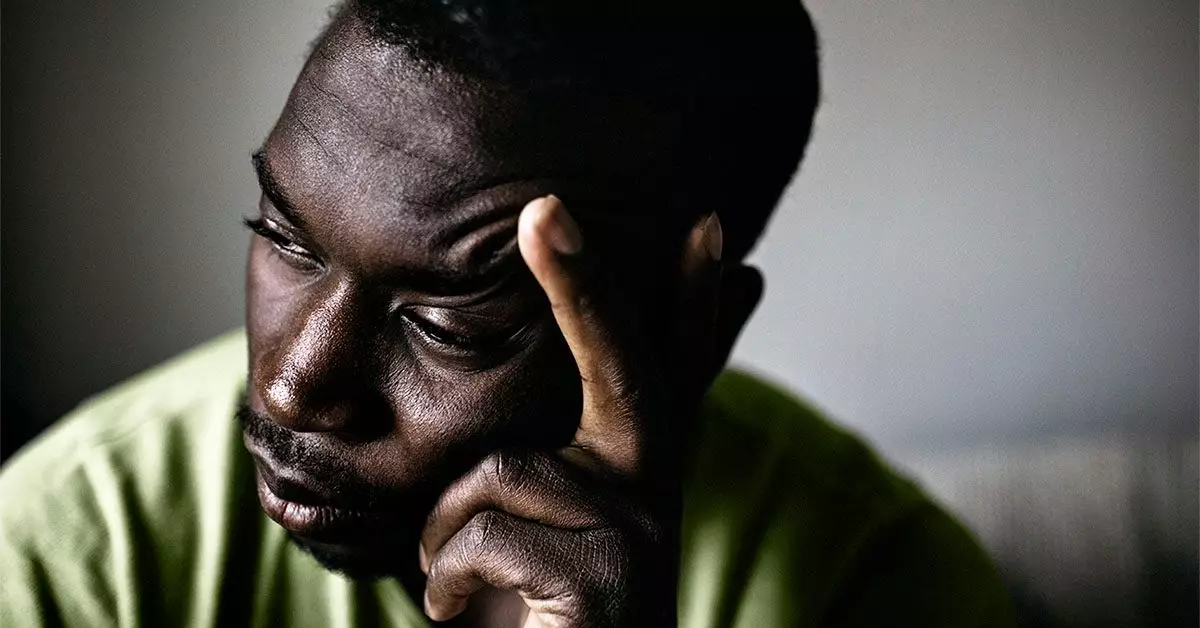Anti-Black racism is not a mere contemporary issue; it is a deeply entrenched system that has evolved over centuries, rooted in the horrors of slavery, colonial exploitation, and racist ideologies perpetuated by pseudoscience. This historical context is vital to understanding the contemporary manifestations of racial prejudice that continue to disadvantage Black individuals today. Its legacy doesn’t just linger in the attitudes of individuals but has seeped into the very fabric of societal structures, leading to systemic inequities that persist across multiple domains of life.
In societies across the globe, anti-Black racism takes various forms, ranging from overt acts of aggression to subtler, more insidious biases. These biases perpetuate harmful stereotypes that can manifest in everyday interactions, shaping public perceptions and experiences of Black individuals. Additionally, systemic manifestations of anti-Black racism can be seen in institutional policies that disadvantage Black people, resulting in a cycle of poverty, limited access to quality education, and marginalization in healthcare and criminal justice systems.
The Psychological Toll of Ongoing Discrimination
The psychological effects of anti-Black racism are profound and multifaceted, warranting a closer examination of how constant exposure to discriminatory practices can wreak havoc on mental well-being. A review from 2019 highlights that the anticipation of racial discrimination can induce chronic stress in Black individuals, creating a state of hyper-vigilance where they are perpetually on guard against potential microaggressions or overt acts of racism.
Furthermore, internalized racism can erode self-esteem, as Black individuals may subconsciously accept negative societal messages about their worth. It can lead to feelings of self-doubt and hopelessness, compounded when intersecting identities—such as gender or socioeconomic status—are taken into account. This intersectionality can increase the psychological burden, resulting in heightened anxiety and fear associated with navigating daily life.
The traumatic impact of systemic racism is not merely psychological; it can lead to physical health issues such as hypertension and heart disease. Notably, a 2018 study correlating police violence against unarmed Black people with decreased mental health days among Black Americans underscores the emotional fallout from high-profile instances of racism. The pervasive fear and trauma resulting from such events can foster an environment of distrust towards social institutions, further isolating Black communities from necessary support systems.
When it comes to mental health care, systems of inequality further exacerbate the challenges faced by Black individuals. Misdiagnoses stemming from implicit biases among healthcare professionals illustrate how anti-Black racism can manifest in consequences with dire outcomes. Research indicates that Black patients are disproportionately diagnosed with schizophrenia compared to their white counterparts, often leading to inappropriate treatments that fail to account for their unique experiences.
Cultural competence is a critical factor often lacking in mental health care for Black individuals. Many healthcare providers lack the training to understand the contexts of their patients’ lives, resulting in a disconnect that can undermine treatment efficacy. The barriers to obtaining mental health care are compounded by socioeconomic factors, including lower access to insurance and the availability of services in underserved areas, often leaving Black individuals at a great disadvantage.
Historically, the mistrust of health systems among Black communities has roots in unethical medical practices, such as the infamous Tuskegee Syphilis Study. Such atrocities have left lasting scars, creating deep skepticism towards healthcare institutions that should be serving these communities. Addressing this mistrust and rebuilding the relationship between Black individuals and the healthcare system is paramount in delivering effective mental health care.
To address the pervasive effects of anti-Black racism on mental health, systemic changes must be enacted. Initiatives encouraging more Black professionals to enter the mental health field could help bridge the gap in cultural competence and understanding. Establishing scholarships and mentorship programs can provide essential support for aspiring mental health practitioners from Black communities.
Policies aimed at reducing socioeconomic barriers are imperative. Expanding access to health insurance and mental health services through community funding can alleviate the disproportionate challenges faced by Black individuals in seeking care. Additionally, training in cultural competence should become integral to professional development in all health-related fields to ensure that services are effective and sensitive to the needs of Black patients.
To foster understanding and rebuild trust, mental health services should actively engage with Black communities. Creating forums for dialogue and collaborating with local leaders to identify specific needs will enhance service responsiveness and accessibility. Furthermore, improving data collection on mental health disparities can inform policy-making and track progress toward ending systemic inequities.
The impact of anti-Black racism on mental health is not only a public health concern but a human rights issue that requires urgent attention. Through commitment to systemic change and community engagement, we can work towards creating a more equitable landscape for mental health care that acknowledges and addresses the historical and current injustices faced by Black individuals.

